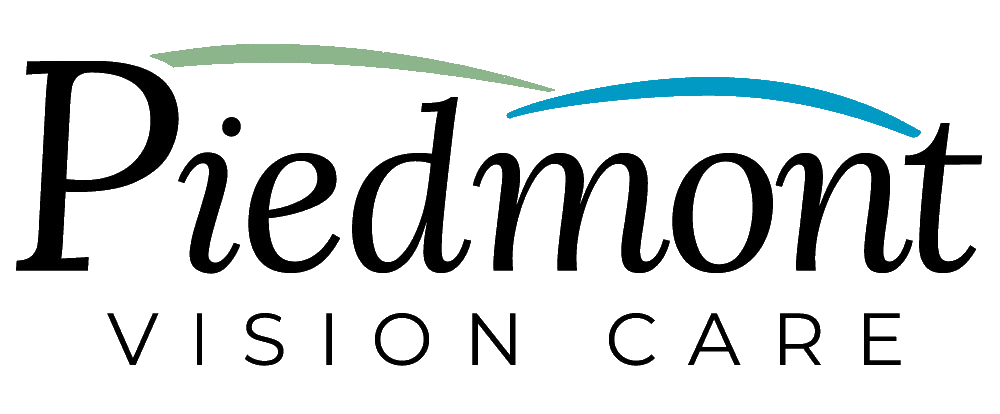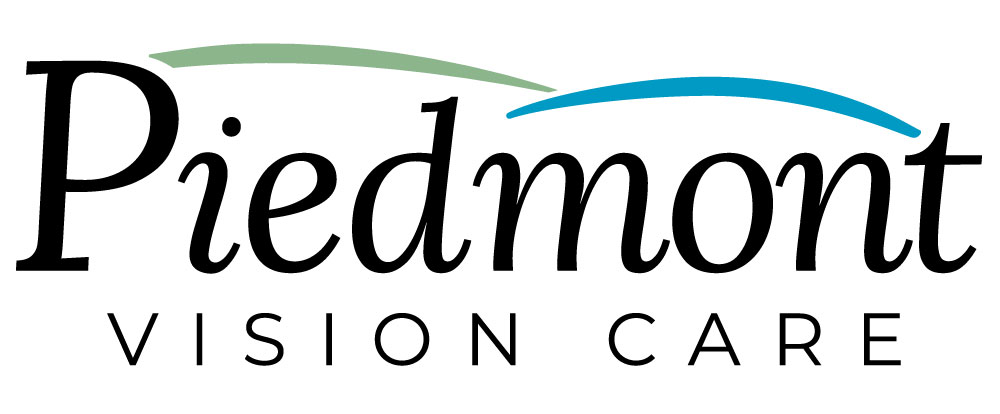
Vision screenings are often a quick way to assess basic vision issues, but they fall short when it comes to detecting serious eye health problems. A comprehensive eye exam goes far beyond a simple screening, providing a full evaluation of your eye health and catching conditions that a basic test might miss.
At Piedmont Vision, we believe that full eye exams are the best way to ensure long-term vision health. Here’s why a vision screening isn’t enough.
Vision Screening VS a Comprehensive Eye Exam?
A vision screening is typically a short test that measures visual acuity, or how clearly you can see at certain distances. These tests are often done at schools or health fairs and are designed to identify basic refractive errors like nearsightedness or farsightedness.
However, vision screenings do not provide a full assessment of your eye health. They won’t detect conditions like glaucoma, macular degeneration, or diabetic retinopathy. A comprehensive eye exam, on the other hand, includes several tests that evaluate your eye health in detail, allowing your optometrist to detect early signs of these conditions.
Why Comprehensive Eye Exams Are Essential
Comprehensive eye exams provide a full evaluation of your eye health, including tests that check for:
- Glaucoma: A condition that damages the optic nerve and can lead to vision loss.
- Macular Degeneration: A disease that affects the central part of your vision.
- Diabetic Retinopathy: Damage to the blood vessels in the retina caused by high blood sugar levels.
These conditions often develop without noticeable symptoms, making regular comprehensive exams essential for early detection. Catching these diseases early can prevent serious vision loss and improve your chances of successful treatment.
What Happens During a Comprehensive Eye Exam?
A comprehensive eye exam involves a series of tests to assess both your vision and eye health. These include:
- Visual Acuity Test: Measures how clearly you can see at various distances.
- Refraction Test: Determines the correct prescription for glasses or contact lenses.
- Eye Health Exam: Our eye doctor will examine the front and back of your eye, checking for signs of disease or abnormalities.
These tests provide a complete picture of your eye health, allowing our Piedmont Vision optometrist to detect and treat any issues before they become more serious.
The Importance of Routine Comprehensive Exams
Routine comprehensive eye exams are the best way to stay on top of your eye health. Unlike vision screenings, which only address refractive errors, comprehensive exams monitor the overall condition of your eyes and detect potential diseases. Regular exams help catch conditions in their early stages, allowing for timely treatment and preventing significant vision loss.
If you rely on vision screenings, you may be missing out on the full care your eyes need. A comprehensive exam gives your optometrist the opportunity to thoroughly assess your eye health and provide solutions for any issues that arise.
Why Choose a Full Eye Exam at Piedmont Vision
A vision screening is a helpful tool for identifying basic vision problems, but it’s not enough to protect your long-term eye health. Comprehensive eye exams provide the thorough assessment needed to detect serious conditions and ensure that your vision stays clear and healthy.
At Piedmont Vision, we offer detailed, personalized eye exams that go beyond a simple screening. Schedule your comprehensive eye exam in Manassas and take the first step toward better vision and long-term eye health.

